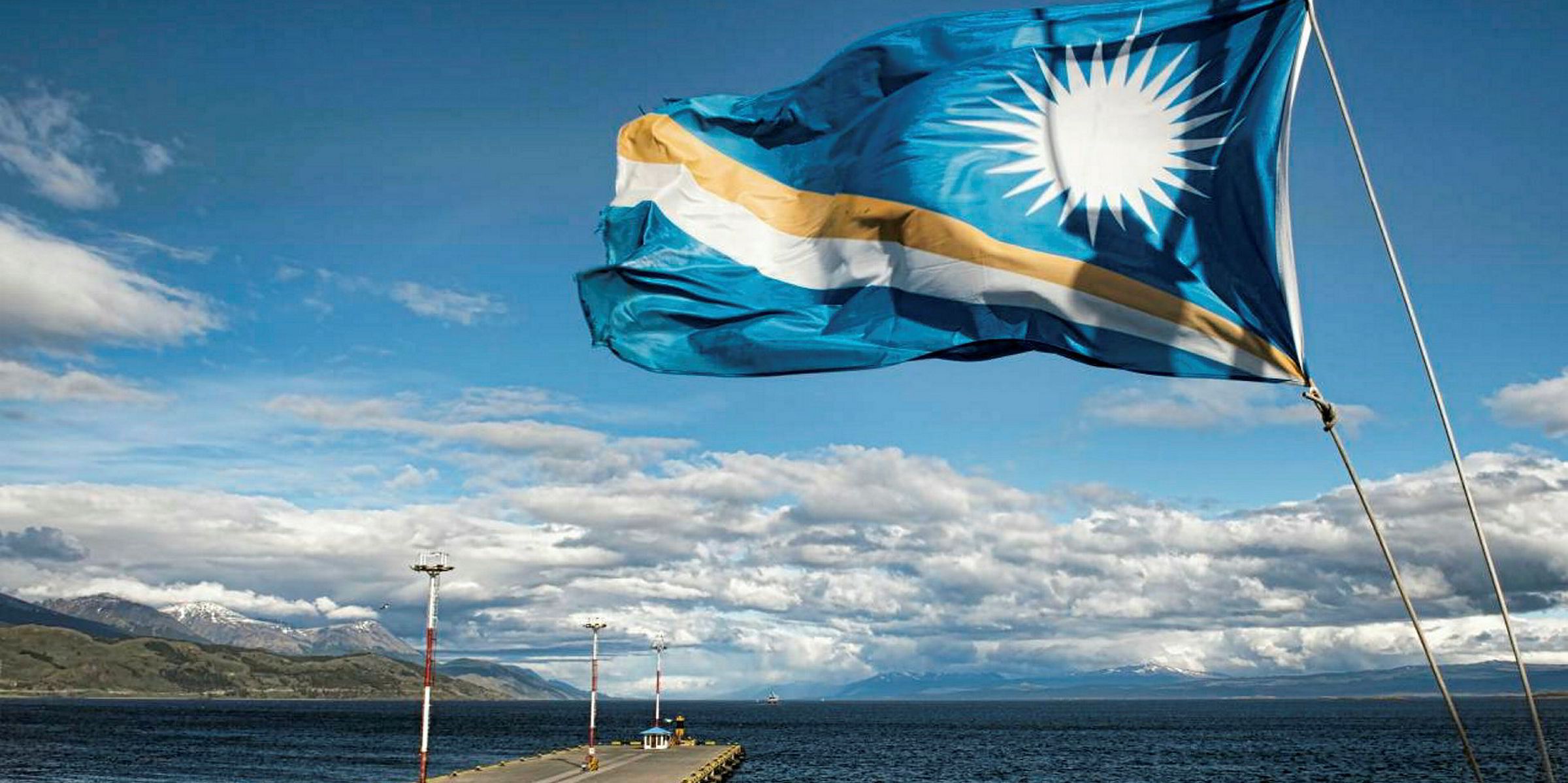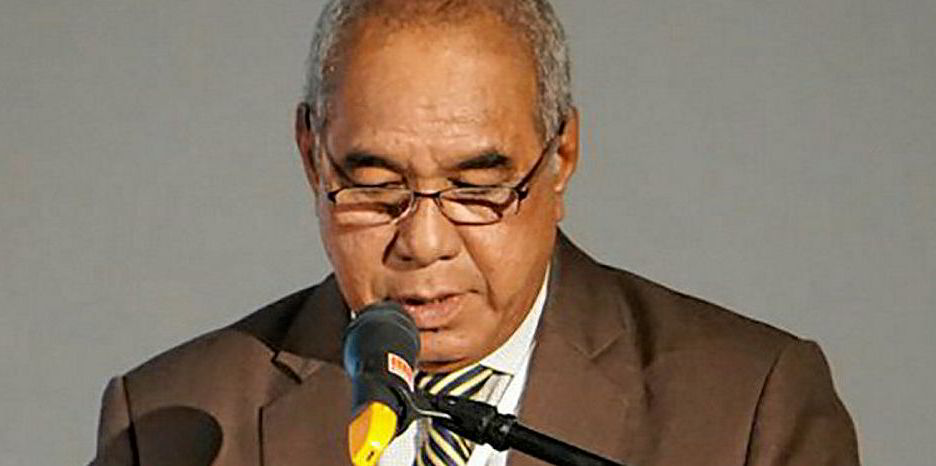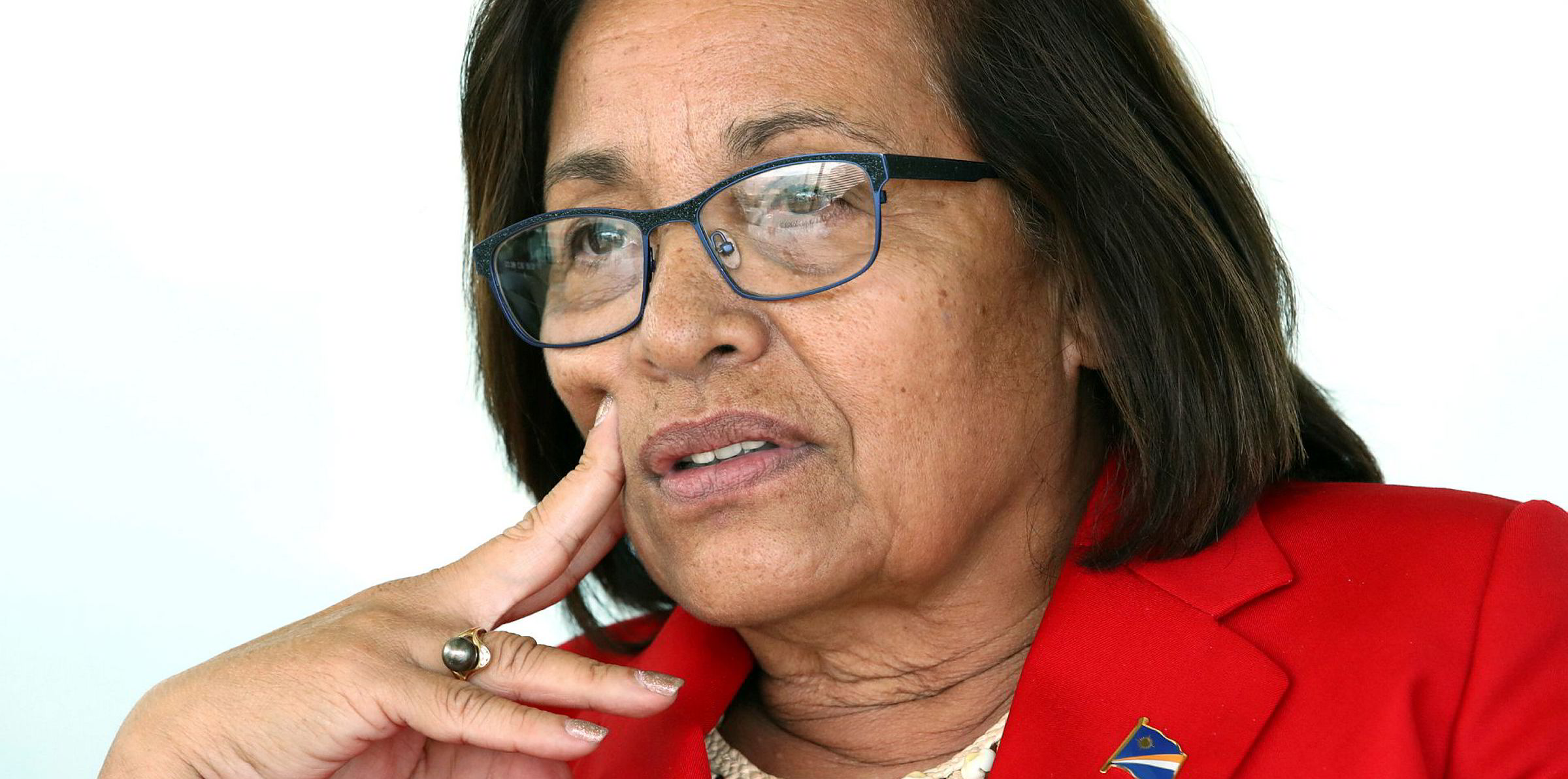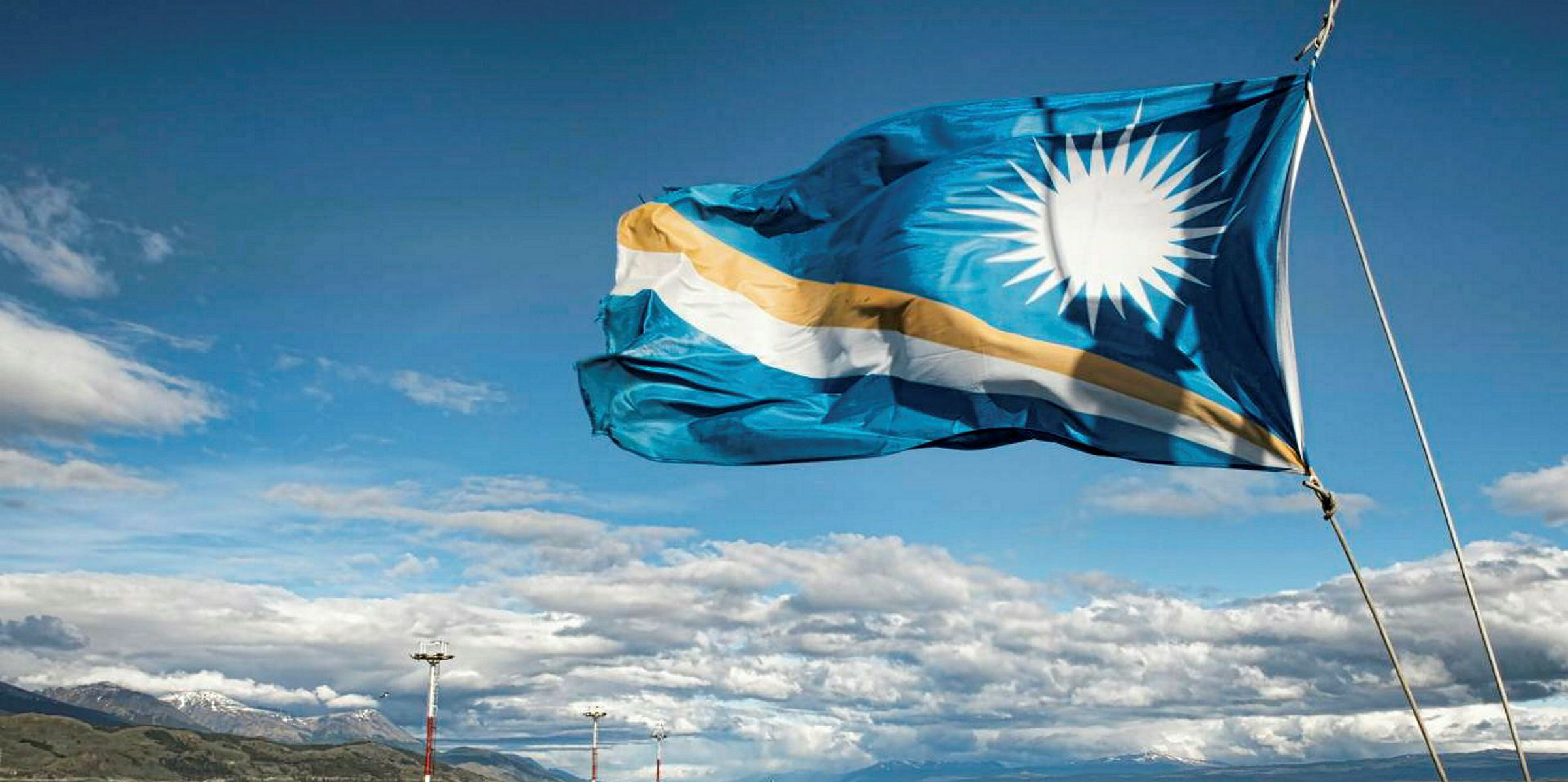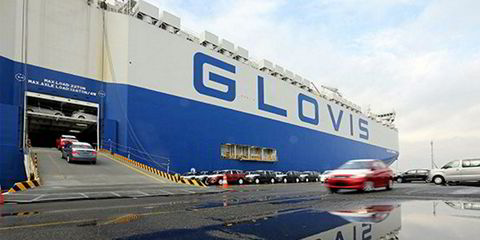Panama, home of the world's largest ship registry, has been downgraded with the Cayman Islands, Palau and Seychelles to the European Union's list of non-cooperative tax jurisdictions.
Meanwhile, the Republic of the Marshall Islands, which has the world’s third-biggest shipping registry, has been white-listed as a tax jurisdiction by the EU.
The republic's ship registry is a favourite of European shipowners, particularly Greeks.
Under the EU listing process, jurisdictions are assessed against three main criteria: tax transparency, fair taxation and real economic activity.
Those that fall short on any of these criteria are asked for a commitment to address the deficiencies within a set deadline.
Eight other jurisdictions are already on the EU's black list for tax and remain non-compliant as of Tuesday: American Samoa, Fiji, Guam, Samoa, Oman, Trinidad and Tobago, Vanuatu and US Virgin Islands.
Over half of the countries blacklisted by the EU in 2019 have been completely delisted and are now in line with all of the tax good governance standards, according to an EU statement on Tuesday.
EU comments
Paolo Gentiloni, EU commissioner for the economy, said the bloc's list of non-cooperative tax jurisdictions is helping to deliver "real improvements" in global tax transparency.
"To date, we have examined 95 countries' tax systems and the majority of these now comply with our good governance standards," he said.
"This process has led to the elimination of over 120 harmful tax regimes worldwide – and dozens of countries have started to apply tax transparency standards."
Gentiloni added that the action is in line with the attitudes and expectations of the European public.
"Our citizens expect the wealthiest individuals and corporations to pay their fair share in tax and any jurisdiction that enables them to avoid doing that must face the consequences. Today's decisions show that the EU is serious about making that happen," said Gentiloni.
The upgrades and downgrades were made during a meeting of the EU Economic and Financial Affairs Council (ECOFIN) on Tuesday morning in Brussels.
International standards of information exchange are reviewed and assessed by the Global Forum on Transparency and Exchange of Information for Tax Purposes, which is an initiative of the Organisation for Economic Co-operation and Development (OECD).
The Global Forum is a multilateral framework for tax transparency and information sharing.
Marshall Islands response
Alfred Alfred Jr, the Marshall Islands' minister of finance, said the EU whitelisting reflects the country's "commitment to international corporate governance and taxation standards".
“The Marshall Islands welcomes the ECOFIN’s decision, which recognises the hard work we have done and will continue to exert all efforts to remain compliant with the EU and OECD requirements,” he said in a release on Tuesday.
The European Commission and its member states will monitor the white-listed countries to ensure that they apply tax good governance in practice, the EC said in a release on Tuesday.
It will also continue the dialogue with those jurisdictions on the black list and the annex II countries — jurisdictions with pending commitments — ahead of the EU list in October 2020.
The Marshall Islands said it will now look towards the next phase of compliance, which will include enforcement of economic substance requirements.
The Marshall Islands was removed from the EU's tax blacklist in October last year, as TradeWinds has reported.
The United Arab Emirates, which is increasingly used for shipping business, has been removed was removed from the black list at the same time.
